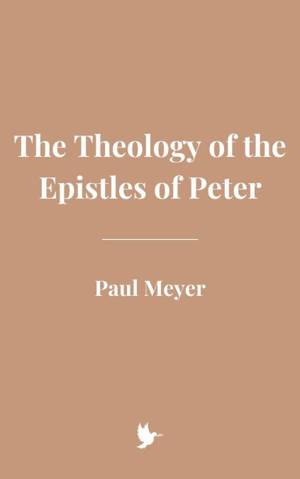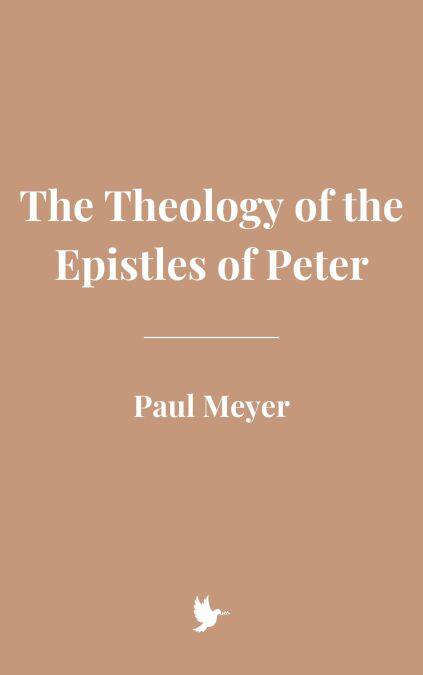
- Retrait gratuit dans votre magasin Club
- 7.000.000 titres dans notre catalogue
- Payer en toute sécurité
- Toujours un magasin près de chez vous
- Retrait gratuit dans votre magasin Club
- 7.000.0000 titres dans notre catalogue
- Payer en toute sécurité
- Toujours un magasin près de chez vous
Description
This book presents a comprehensive exegesis and interpretation of the Epistles of St. Peter, delving into their theological insights and the historical context of the Greco-Roman world. It explores how Peter's teachings addressed the challenges faced by early Christian communities, offering guidance on enduring persecution, maintaining holiness, and living as a distinctive community in a pluralistic society. The analysis of Peter's emphasis on suffering, hope, and eschatological promise reveals a theology deeply concerned with the spiritual formation of believers amid trials.
Chapters examine the social, political, and religious landscape of the Roman Empire, emphasizing how the rise of emperor worship, the influence of Greek philosophy, and the complexities of Roman law shaped the experiences of early Christians. By situating the Epistles of Peter within this context, the book highlights the tension between Christian allegiance to Christ and the societal expectations of Roman loyalty, illustrating the counter-cultural stance of the early Church.
Additionally, the book traces the missionary journeys of the Apostle Peter, his leadership in the early Church, and his role in the inclusion of Gentiles into the Christian community. It provides a detailed account of Peter's final ministry in Rome, his martyrdom under Emperor Nero, and the lasting influence of his teachings on early Christian thought. Through these explorations, the book illuminates the pivotal role of Peter's letters in shaping early Christian identity, doctrine, and community life.
Bringing together biblical scholarship, historical analysis, and theological reflection, this work offers a deep understanding of the enduring significance of the Epistles of Peter. It seeks to provide readers with a richer appreciation of the spiritual and doctrinal heritage of these texts and their relevance for contemporary believers navigating their faith in a world that echoes many of the challenges faced by the early Church.
Spécifications
Parties prenantes
- Auteur(s) :
- Editeur:
Contenu
- Langue:
- Anglais
Caractéristiques
- EAN:
- 9798227002990
- Date de parution :
- 09-10-24
- Format:
- Ebook
- Protection digitale:
- /
- Format numérique:
- ePub







